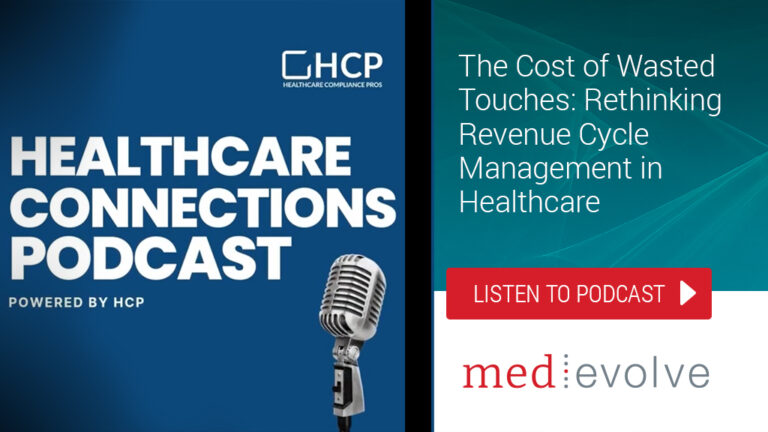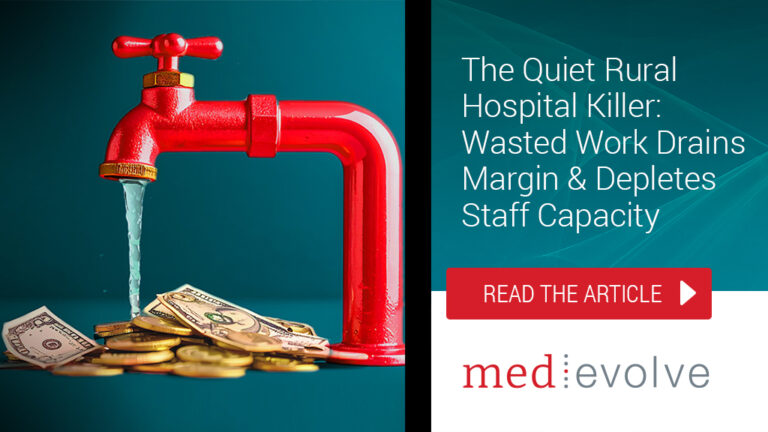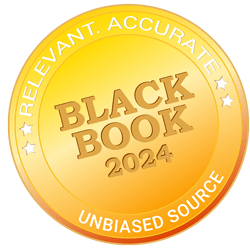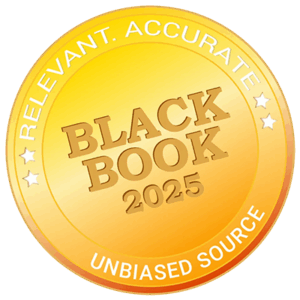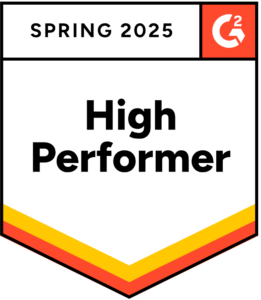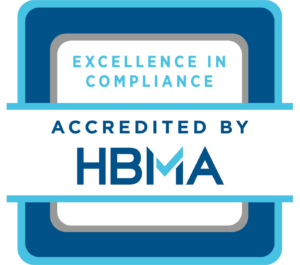Strategic management and allocation of personnel resources to improve efficiency and effectiveness
Workforce optimization in the revenue cycle involves the strategic management and allocation of personnel resources to improve efficiency and effectiveness in revenue-generating operations. This can include a variety of strategies and practices:
Data-Driven Staffing
Using data and analytics to determine optimal staffing levels and skill sets required to handle different aspects of the revenue cycle. This could involve analyzing historical data, workload patterns, and financial outcomes to align staffing with the peaks and troughs of workload.
Training and Development
Investing in continuous training and development to ensure that staff are well-versed in the latest practices and technologies. This includes understanding billing codes, compliance requirements, and the use of revenue cycle management software.
Process Automation
Implementing automation tools to handle routine, repetitive tasks within the revenue cycle. This frees up human resources to focus on more complex tasks that require judgment and expertise.
Performance Monitoring and Management
Regularly monitoring staff performance using key performance indicators (KPIs) and metrics. This might include measures like the average time to process a claim, the rate of denied claims, or revenue collected per employee.
Cross-Functional Collaboration
Encouraging collaboration between different departments involved in the revenue cycle, such as billing, coding, finance, and patient services. This helps in streamlining processes and reducing bottlenecks.
Flexible Work Arrangements
Implementing flexible schedules or remote work options where feasible, to improve staff satisfaction and retention.
Smarter Workforce Scheduling
Modern workforce optimization also relies on smart scheduling solutions that simplify how teams are organized and managed. Digital platforms allow managers to create, adjust, and share shifts in real time, reducing conflicts and improving overall transparency for staff. Having an accessible online work schedule empowers employees to plan their personal and professional commitments more effectively, while also giving leadership the flexibility to respond quickly to changing demands.
Technology Utilization
Leveraging advanced technologies like AI and machine learning to predict trends, automate decision-making processes, and provide insights for better resource allocation.
Customer Service Focus
Ensuring the workforce is trained in customer service, as patient satisfaction can directly impact revenue generation, particularly in settings where patients have a choice in their healthcare provider.
By focusing on these areas, healthcare organizations can optimize their workforce for better efficiency, lower costs, and improved revenue outcomes.
Optimize Your Workforce with Effective Intelligence
The #1 RCM automation platform according to Black Book Research
